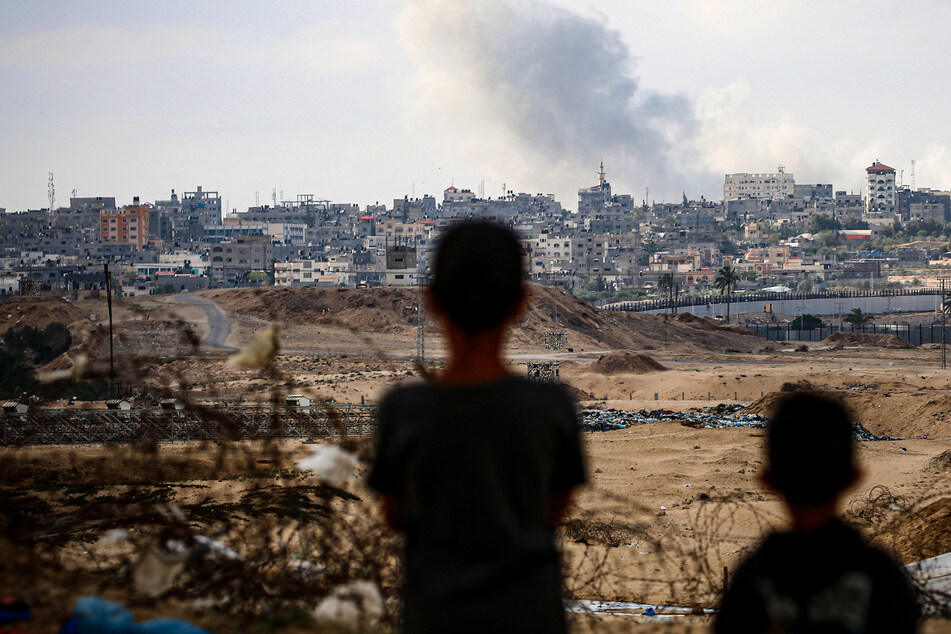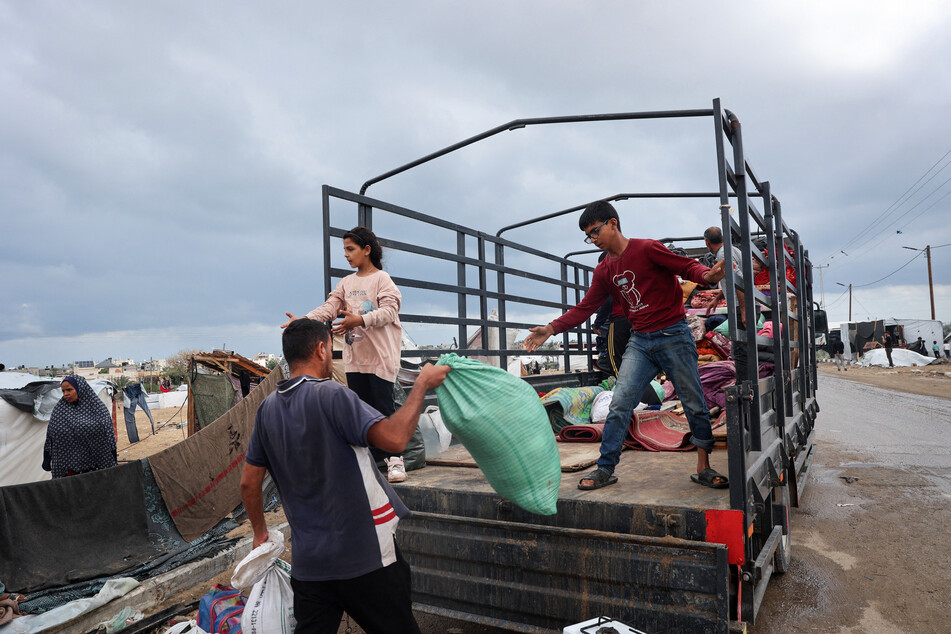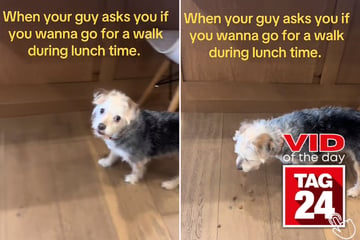Israel forces hundreds of thousands of Palestinians to flee as Rafah assault intensifies
Rafah, Gaza - Israel on Monday ramped up its assault on Rafah despite US warnings against a full-scale invasion of the crowded Gazan city where hundreds of thousands of Palestinians are still sheltering.

Clashes with Palestinian resistance forces also raged in northern and central areas of Gaza, AFP correspondents and witnesses said, despite Israel repeatedly declaring victory over Hamas in those areas.
Israeli Prime Minister Benjamin Netanyahu told a Memorial Day event that "our war of independence is not over yet. It continues even today ... We are determined to win this struggle."
AFP correspondents reported helicopter strikes and heavy artillery shelling in the east of Rafah, as well as battles in northern Gaza's Jabalia refugee camp and Gaza City's Zeitun neighborhood.
Israel last week defied international warnings, including from its top ally Washington, and sent tanks and soldiers into the east of Rafah, a city on the Egyptian border where some 1.4 million Palestinians had sought shelter.
This has sparked an exodus of nearly 360,000 people from Rafah so far, said the UN agency for Palestinian refugees UNRWA, which warned that "no place is safe" in the largely devastated territory.
Secretary of State Antony Blinken said Sunday that Washington had not seen any credible Israeli plan to protect civilians in Rafah, and that "we also haven't seen a plan for what happens the day after this war in Gaza ends".
"Israel's on the trajectory, potentially, to inherit an insurgency with many armed Hamas left or, if it leaves, a vacuum filled by chaos, filled by anarchy and probably refilled by Hamas," he told NBC.
Fleeing Palestinians reaching breaking point

Rafah residents on Monday received more evacuation orders through phone calls and text messages, sending yet more people to start packing and leave their homes, witnesses said.
While Israel has vowed to destroy remaining Hamas forces in Rafah, the New York Times cited unnamed US officials as saying that both US and Israeli intelligence suggested the group's leader in the strip, Yahya Sinwar, was not hiding there.
Sinwar – who has not been seen since the October 7 attack which Israel says he orchestrated – "most likely never left the tunnel network" under Khan Yunis, the Times said.
Amid the fighting, Egyptian, Qatari and American mediation efforts towards a truce appeared to have stalled.
UN chief António Guterres urged on Sunday "an immediate humanitarian ceasefire, the unconditional release of all hostages and an immediate surge in humanitarian aid" into Gaza.
UNRWA chief Philippe Lazzarini said in a post on X on Sunday that Israel's latest evacuation orders were "forcing people in Rafah to flee anywhere and everywhere".
Umm Mohammed Al-Mughayyir, who has had to move her family seven times to escape the fighting, said: "We have reached a point where we wish for death."
Residents were told to head to the Al-Mawasi "humanitarian zone" on the coast northwest of Rafah, which aid groups and international organizations have repeatedly warned it is not ready for an influx of people.
Israel keeps Rafah crossing closed, blocks humanitarian aid
Hisham Adwan, spokesman for the Gaza crossings authority, told AFP on Sunday the Rafah crossing with Egypt has remained closed since Israeli troops seized its Palestinian side on Tuesday, "preventing the entry of humanitarian aid."
The health ministry said Monday that Gaza's health system is "hours away" from collapse, after fighting has blocked fuel shipments through key crossings.
Israel's military said Sunday it had opened a new border crossing into northern Gaza as "part of the effort to increase aid routes."
In a sign of growing regional tensions, Egypt – the first Arab nation to sign a peace treaty with Israel, in 1979 – said it would formally support the genocide case brought by South Africa against Israel at the International Court of Justice.
Cover photo: AFP

